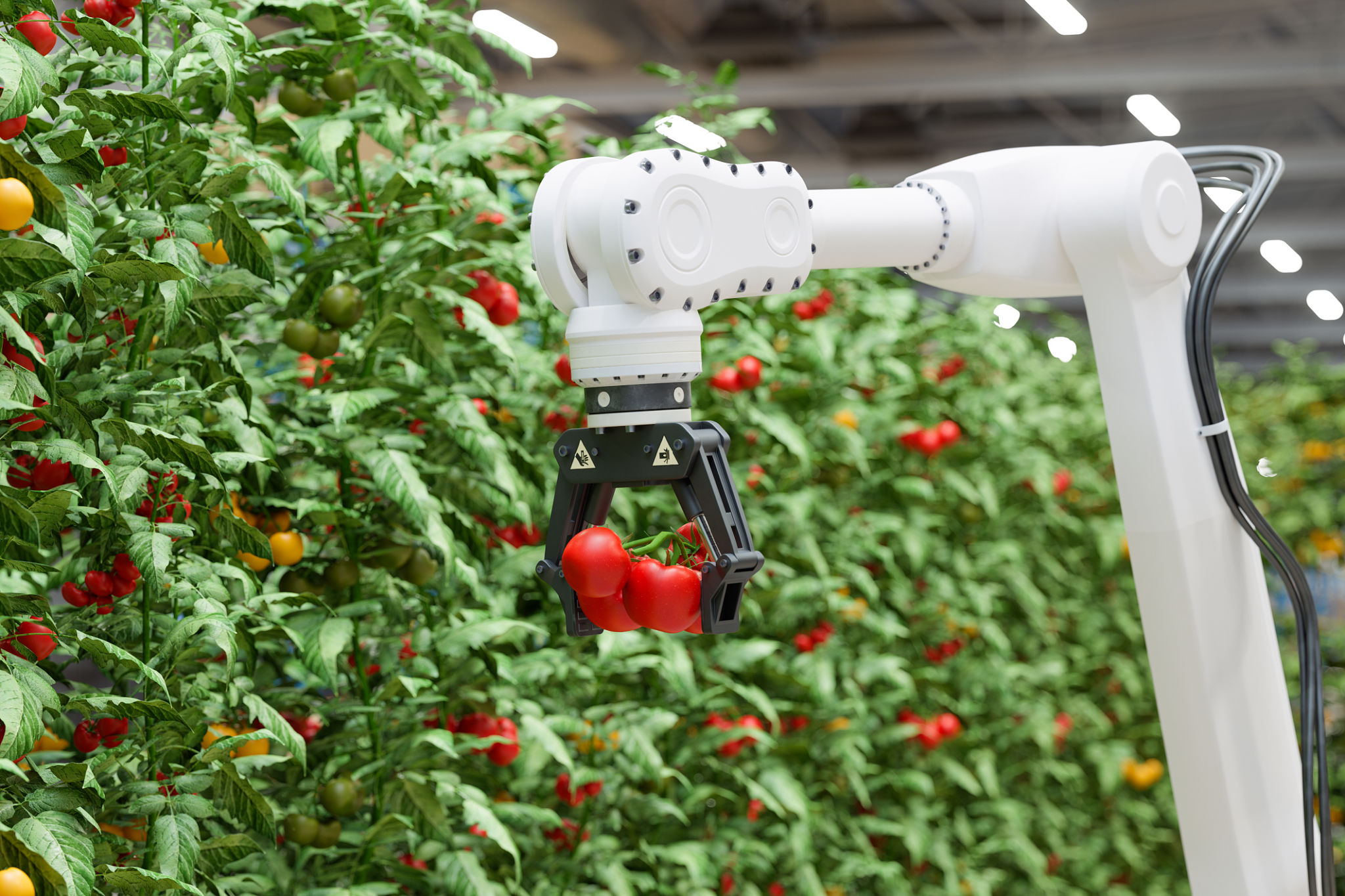The Future of Agriculture in Ghana: Trends and Innovations to Watch
Ghana's agricultural sector is poised for a transformation, driven by a mix of technological innovations and strategic policy shifts. As the backbone of the nation's economy, agriculture employs a significant portion of the population, and its evolution is crucial for sustainable development.
In recent years, the Ghanaian government and private sector have increasingly focused on modernizing agriculture to boost productivity and ensure food security. This effort is paving the way for exciting trends and innovations that promise to reshape the agricultural landscape.

Technological Advancements in Agriculture
Precision Agriculture
One of the most promising trends is the adoption of precision agriculture techniques. By utilizing technologies such as GPS and remote sensing, farmers can optimize field-level management regarding crop farming. This advancement helps in minimizing waste, reducing costs, and enhancing crop yield.
Smallholder farmers in Ghana are beginning to embrace these technologies, thanks to initiatives that provide access to affordable tools and training. As these practices become more widespread, they are expected to significantly contribute to increased agricultural efficiency.
Smart Farming Solutions
The rise of smart farming solutions offers another layer of innovation. These include IoT devices, data analytics, and blockchain technology, which help in tracking and managing resources efficiently. For instance, sensor-based irrigation systems can help conserve water while ensuring optimal crop growth.

Policy and Infrastructure Development
Government Initiatives
The Ghanaian government has introduced several initiatives to support agricultural development. The Planting for Food and Jobs program is a notable example, aiming to increase food production, create jobs, and ensure national food self-sufficiency. Such policies are vital in creating an enabling environment for growth in the sector.
Infrastructure Improvements
Improving rural infrastructure is also a key focus area. Better roads and storage facilities can reduce post-harvest losses and improve market access for farmers. Enhanced infrastructure supports the entire agricultural value chain, from production to distribution.

Sustainable Practices and Climate Resilience
As climate change increasingly impacts agriculture globally, Ghana is no exception. Sustainable farming practices are becoming essential to cope with these changes. Agroforestry, organic farming, and conservation agriculture are gaining traction as farmers look for ways to mitigate environmental impacts.
Moreover, education and awareness programs aimed at promoting sustainable practices are helping farmers adapt to new challenges. This shift not only ensures environmental sustainability but also enhances long-term agricultural productivity.
The Role of Startups and Innovation Hubs
Startups and innovation hubs are playing a crucial role in driving agricultural innovation in Ghana. These entities are providing platforms for young entrepreneurs to develop new solutions tailored to local challenges. From mobile apps that connect farmers with markets to drones that monitor crop health, these innovations are making a significant impact.

The future of agriculture in Ghana is bright, with numerous opportunities for growth and development. By embracing technology, improving infrastructure, adopting sustainable practices, and supporting innovative startups, Ghana can secure its place as a leader in African agriculture.
As these trends continue to evolve, stakeholders must remain committed to fostering an environment that encourages innovation and supports the agricultural community. By doing so, Ghana can ensure a prosperous and sustainable future for its farmers and the nation as a whole.
